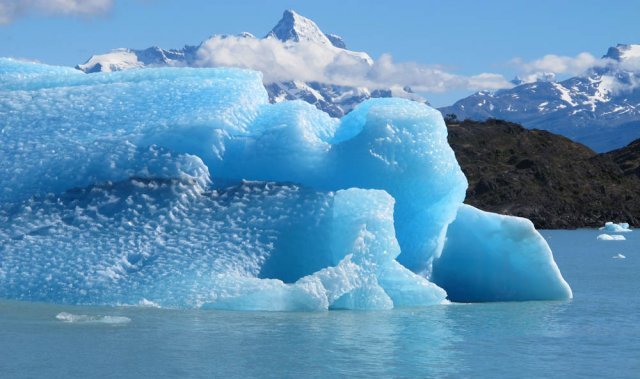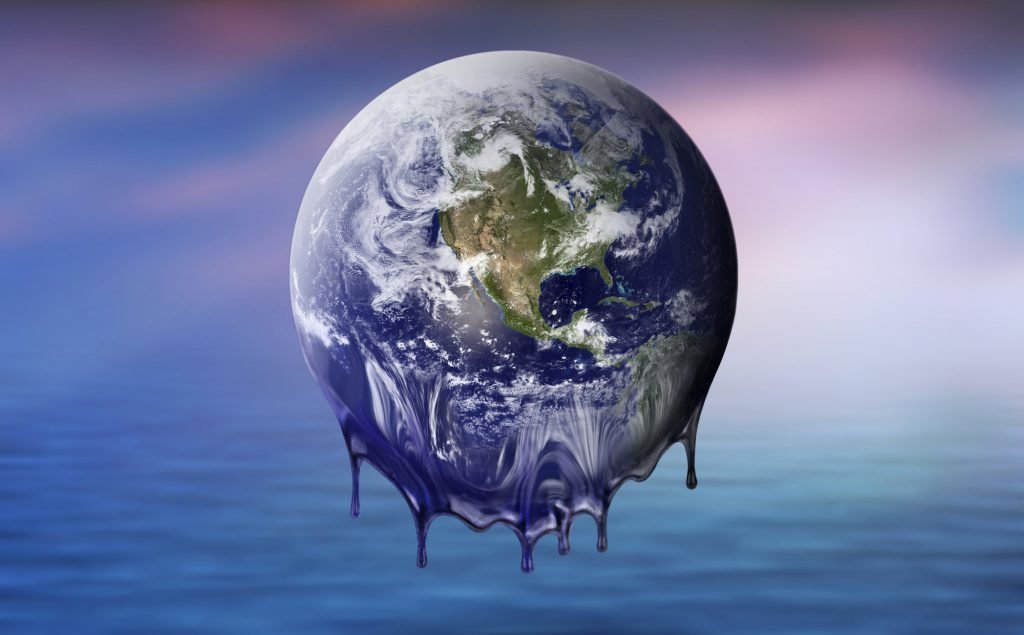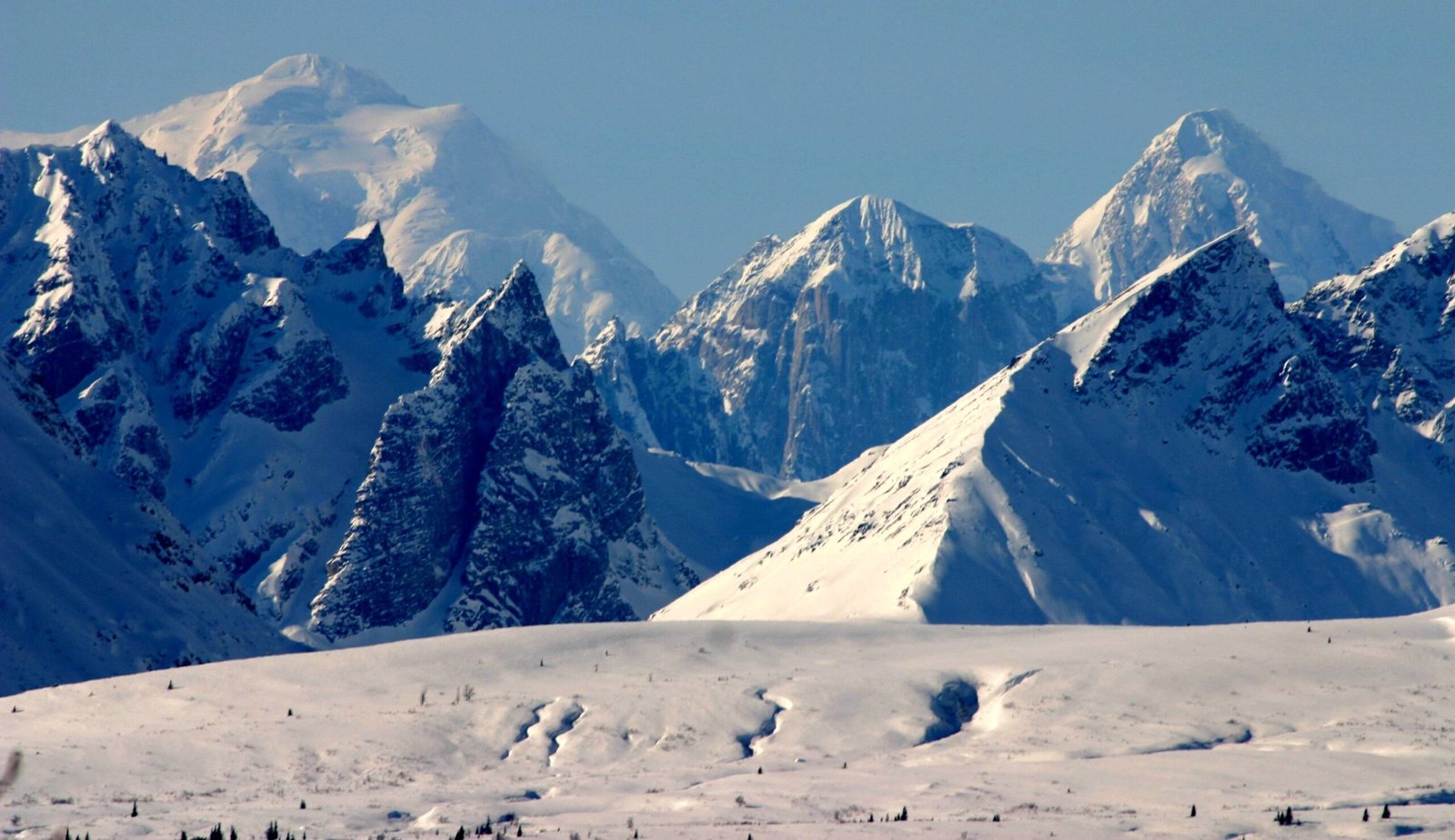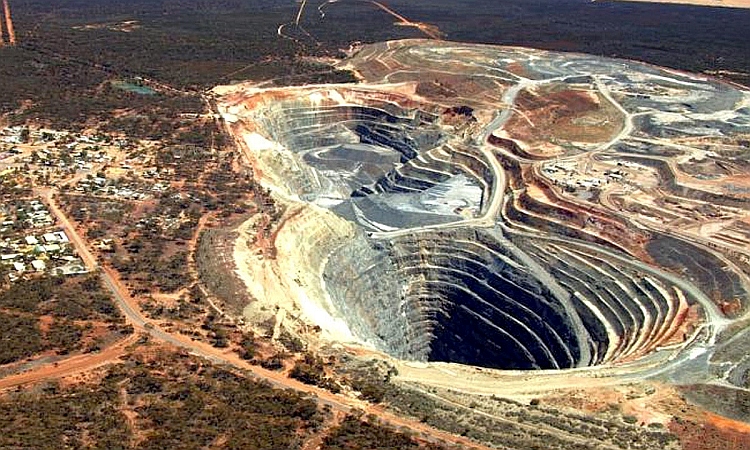Global warming, the gradual increase in Earth’s average surface temperature due to human activities, has become one of the most pressing environmental issues of the 21st century. Driven primarily by the burning of fossil fuels, deforestation, and industrial emissions, global warming poses serious threats to ecosystems, human health, and the overall balance of life on Earth.
Rising Temperatures and Extreme Weather
One of the most noticeable impacts of global warming is the increase in global temperatures. Heatwaves are becoming more frequent and intense, causing health risks, especially for vulnerable populations such as the elderly and children. Additionally, global warming disrupts weather patterns, leading to extreme events like hurricanes, floods, droughts, and wildfires. These events not only destroy habitats but also threaten agriculture, food security, and freshwater resources.
Melting Ice and Rising Sea Levels
The polar ice caps and glaciers are melting at alarming rates due to rising temperatures. This has caused global sea levels to rise, threatening coastal cities and small island nations with flooding. Rising seas can displace millions of people, destroy infrastructure, and cause significant economic losses. Coastal ecosystems, such as mangroves and coral reefs, are also at risk, reducing biodiversity and weakening natural defenses against storms.

Impact on Ecosystems and Wildlife
Global warming is disrupting ecosystems and habitats worldwide. Many species struggle to adapt to rapidly changing climates, leading to shifts in migration patterns, reduced breeding success, and even extinction. Coral reefs, which support thousands of marine species, are particularly vulnerable to ocean warming and acidification. Loss of biodiversity not only affects wildlife but also reduces the resilience of ecosystems that provide essential services to humans, such as clean air, water, and food.
Human Health and Socioeconomic Consequences
Rising temperatures and extreme weather events have direct and indirect effects on human health. Heat-related illnesses, respiratory problems due to pollution, and the spread of vector-borne diseases like malaria and dengue are increasing. Economically, global warming threatens agriculture, fisheries, and tourism, leading to financial instability, job losses, and increased poverty in vulnerable regions.
Taking Action Against Global Warming
Addressing global warming requires urgent collective action. Reducing greenhouse gas emissions, shifting to renewable energy, improving energy efficiency, and protecting forests are critical measures. Global cooperation, sustainable policies, and individual efforts can help slow down warming and mitigate its devastating impacts.
Global warming is not a distant threat—it is happening now, impacting ecosystems, human lives, and the planet’s future. Immediate action is necessary to protect our world and ensure a sustainable future for generations to come.
Chota Nagpur Plateau – The Mineral Heartland of India
Subarnarekha River: Origin and Ending Point
![]()





